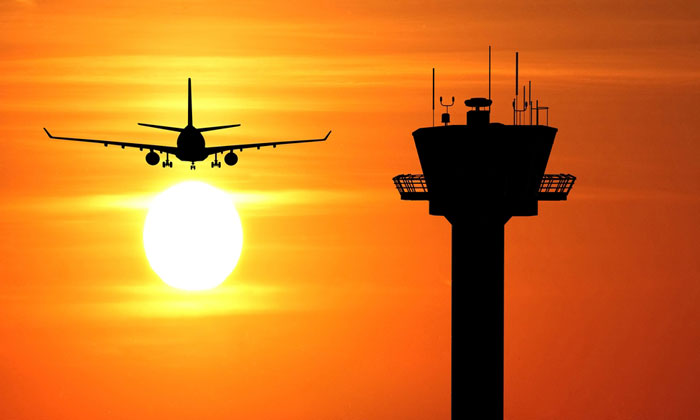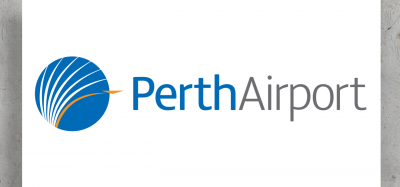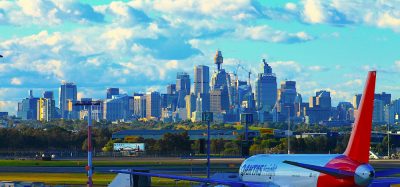The necessity of liberalising our skies | It’s time to talk ATC
- Like
- Digg
- Del
- Tumblr
- VKontakte
- Buffer
- Love This
- Odnoklassniki
- Meneame
- Blogger
- Amazon
- Yahoo Mail
- Gmail
- AOL
- Newsvine
- HackerNews
- Evernote
- MySpace
- Mail.ru
- Viadeo
- Line
- Comments
- Yummly
- SMS
- Viber
- Telegram
- Subscribe
- Skype
- Facebook Messenger
- Kakao
- LiveJournal
- Yammer
- Edgar
- Fintel
- Mix
- Instapaper
- Copy Link
Posted: 27 April 2017 | David McMillan | Chair | ATM Policy Institute | No comments yet
In the first of a series of articles entitled ‘It’s time to talk ATC’, David McMillan, Chair of the ATM Policy Institute think tank asserts the importance of liberalisation of our airspace.


It is hard to realise it now, but in fact the history of air traffic control is a vital part of the history of airports. At first, airlines each provided their own ATC services, at airports. It was seen as an airport operational function. Croydon, then London’s airport, took over those services for its customer airlines and built the first ATC Tower in 1916. A fine structure it was too.
However, it was only in 1936 that ATC was, in effect, nationalised, with the creation of what is now the FAA in the USA. Give or take, it has been that way ever since, even as airlines and airports are increasingly commercial entities.
Happily, safety is well managed, but operational, environmental and economic challenges continue to emerge for airports as air traffic continues to grow.
For ATM, meeting the challenges can be slow. With an historic monopoly status, weak economic regulation, and government control the ATM industry has weak incentives to improve performance, and it is notoriously resistant to change. Management tend to respond to the needs of government, rather than its airline and airport customers. The resulting under-performance can include high prices, inefficient expenditure, a lack of transparency and slow adoption of new technologies and processes.
The ATM industry has weak incentives to improve performance…
In February this year, a number of air navigation service providers (ANSPs) founded the ATM Policy Institute, aiming to focus discussion about improving the efficiency and performance of the ATM industry through liberalisation.
Liberalisation has transformed the broader aviation industry, driving growth and innovation at a notable pace. The Institute argues that liberalising the ATM industry can also achieve significant benefits, including reducing the cost of ATM service and increasing the customer focus and responsiveness of the ANSPs, while maintaining or improving safety.
There is evidence to support this. Several nations have some competition for supply of aerodrome control services, including Germany, Norway, Spain, Sweden, the UAE, the UK and the US. Where competition for terminal ATM navigation services (TANS) exists, the benefits of liberalisation are clear.
Competition to supply aerodrome control services in Spain reduced the cost of ATM by 50%; in Sweden the costs reduced by 30-40%. In the UK, it has been reported that the successful competitors have reduced costs and maintained highly efficient operations, whilst the previous incumbent has become more customer-centric, adopting cost-saving measures and accepting performance-linked payments in a range of markets.
The benefits of liberalisation are clear.
Another important point that comes out of these examples, as well as examples of liberalisation of other infrastructure based industries is that for competition to be successful, several “health factors” must be in place.
- The operational aspect of the ANSP needs to be separated from the state’s safety regulation function, to avoid conflicts of interest. Like other safety crucial industries, the State has a duty to its citizens to ensure that safety performance of ANSPs is not compromised.
- ANSPs need to act like commercial entities. This is best achieved through corporatisation, or commercialisation, where the organisation is given greater management and financial authority and encouraged to behave more like a private firm, with good governance. This does not require the organisation to be privately owned – nor does it rule it out. Several ownership options exist and are used around the word. The key characteristic is that the organisation has sufficient autonomy and flexibility to respond to competition.
- Selected ATM services must be open to genuine competition, such as through a tender process for the right to operate an aerodrome control service for a specified period of time. Genuine competition means that any tendering process must present a level playing field to both the incumbent and any new entrants, for example by making sure that all parties have adequate information about the market and the cost of transition. It also means that the barriers to entry must be low enough to encourage several contenders to apply. Such barriers include access to technology, buildings and facilities, current expert staff, and the ability to train new staff for the location.
Liberalising ATM services represents opportunities for airports. Birmingham International Airport in the UK decided during a routine tender for TANS service that self-supply was more economic than any of the suppler offers, and established its own ATM unit, reducing the cost of ATM service, which it could pass on to its customer airlines through the provision of better facilities or services – and indeed, through lower charges.
ATM can also be an expansion of the services the airport offers to its airline customers. Over time, it might also be a means of attracting airline customers, as they realise that the ATM services offered add value to their network operations. Airports can start to offer tailored services.
The ATM service can supply not only the separation safety service, but also information and data exchange, and perhaps local flow control. This means the airport could be in a position to offer premium, or priority services to airlines or flights, or collaborate with origin or destination ports to offer route-long flow management or priority services. The advent of competition in other industries has promoted differentiated products and services. It is reasonable to expect the same effect for airports when liberalising ATM services.
Liberalisation has the potential to disrupt the ATM industry. Some ANSPs may see this as a threat, with concerns about risking jobs, the viability of supply of ATM services (especially in un-economic airspace) or safety. Similar concerns were raised in the lead up to liberalising the airline industry; the vast majority of which later proved to be unfounded.
Liberalisation of the airline industry is generally seen as a success. In the ATM industry, liberalisation presents opportunities for those ANSPs willing to adapt and innovate, including opportunities to expand into new markets, work collaboratively, and secure rewards for better serving airline and airport customers. Perhaps it is enough to note that the ATM Policy Institute itself has been founded by ANSPs.
Astute airports might also want to look at the work being done and see what might be in it for them. They would find us very willing interlocutors.
Related topics
Air traffic control/management (ATC/ATM), Airport Collaborative Decision Making (A-CDM)


















